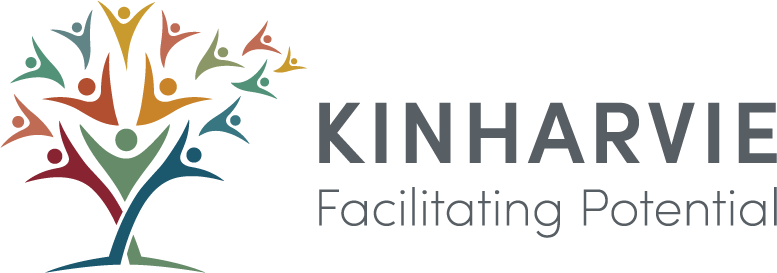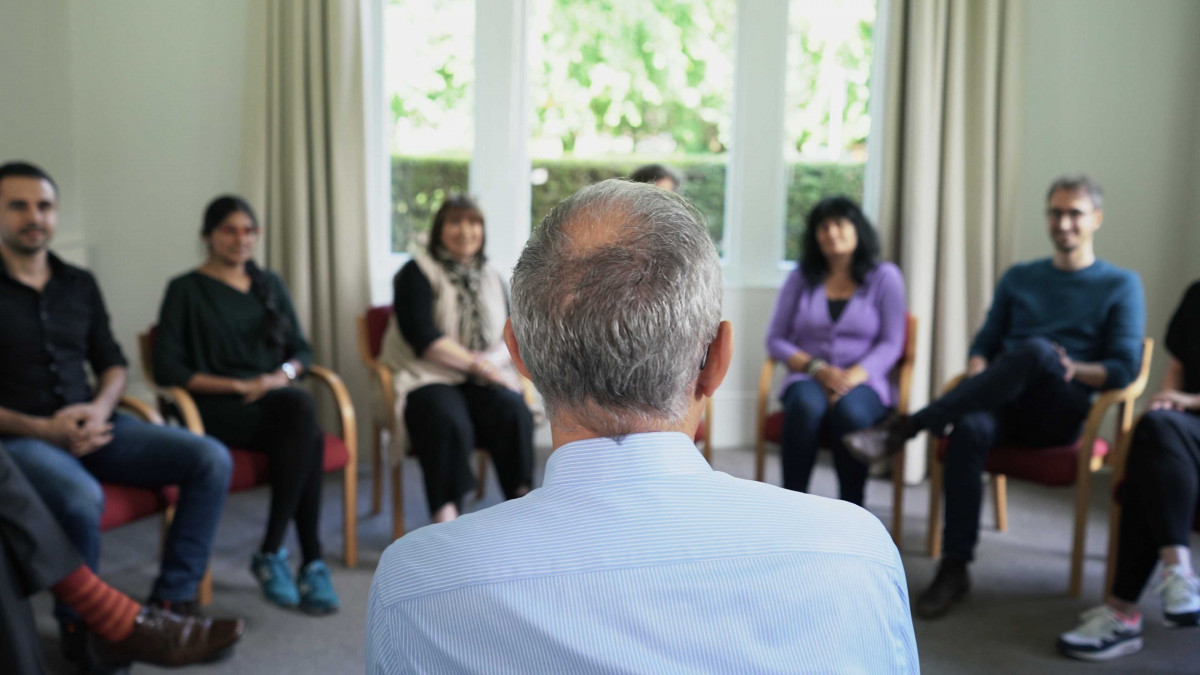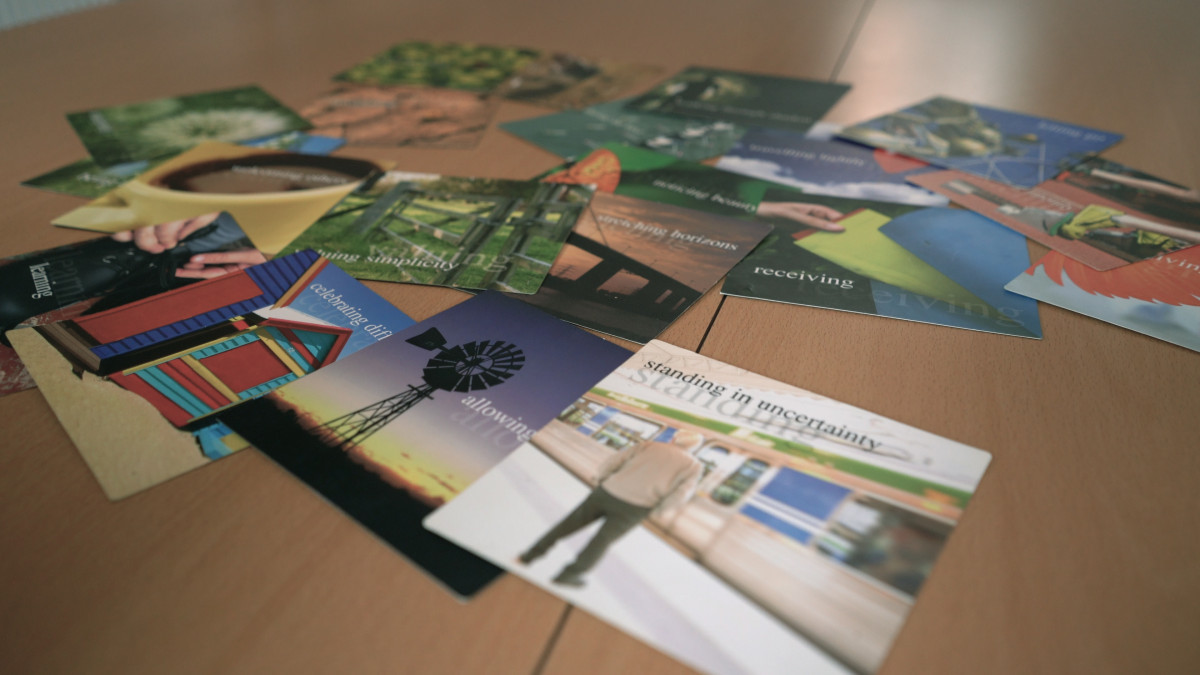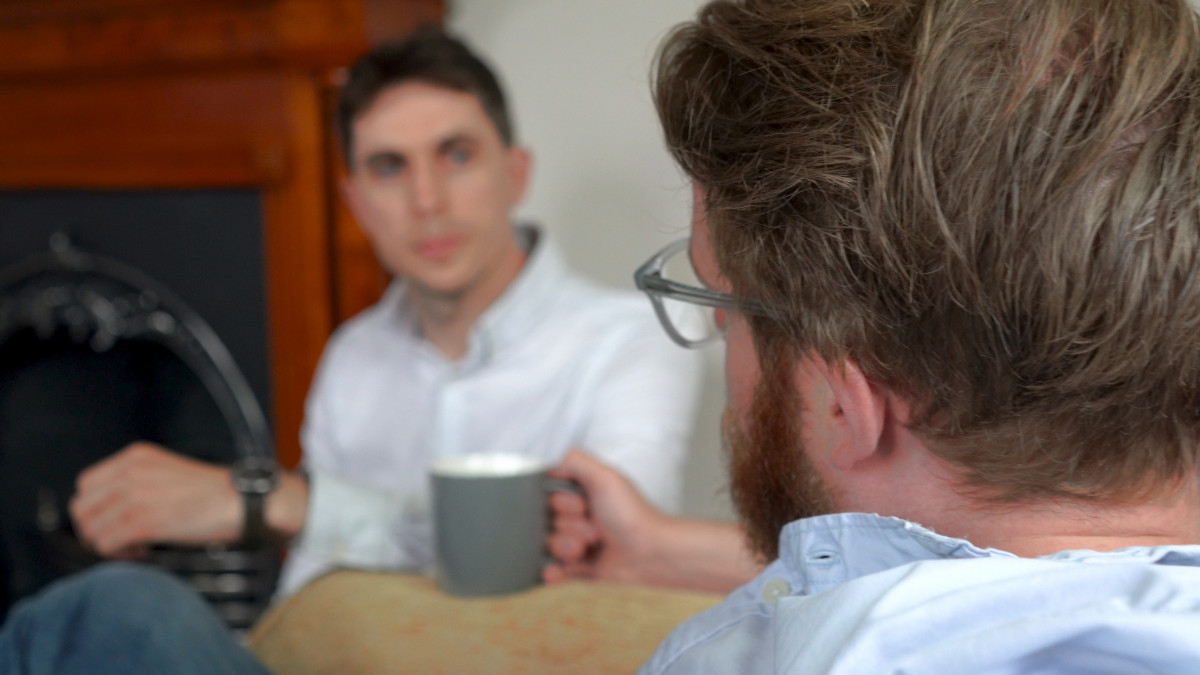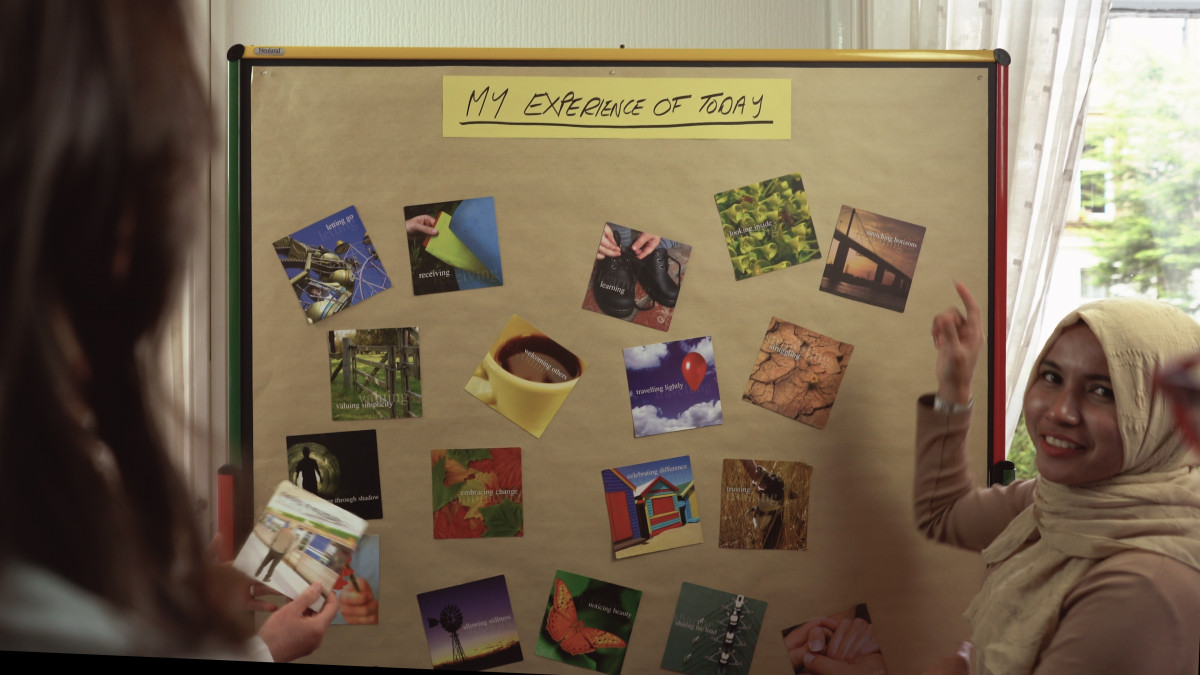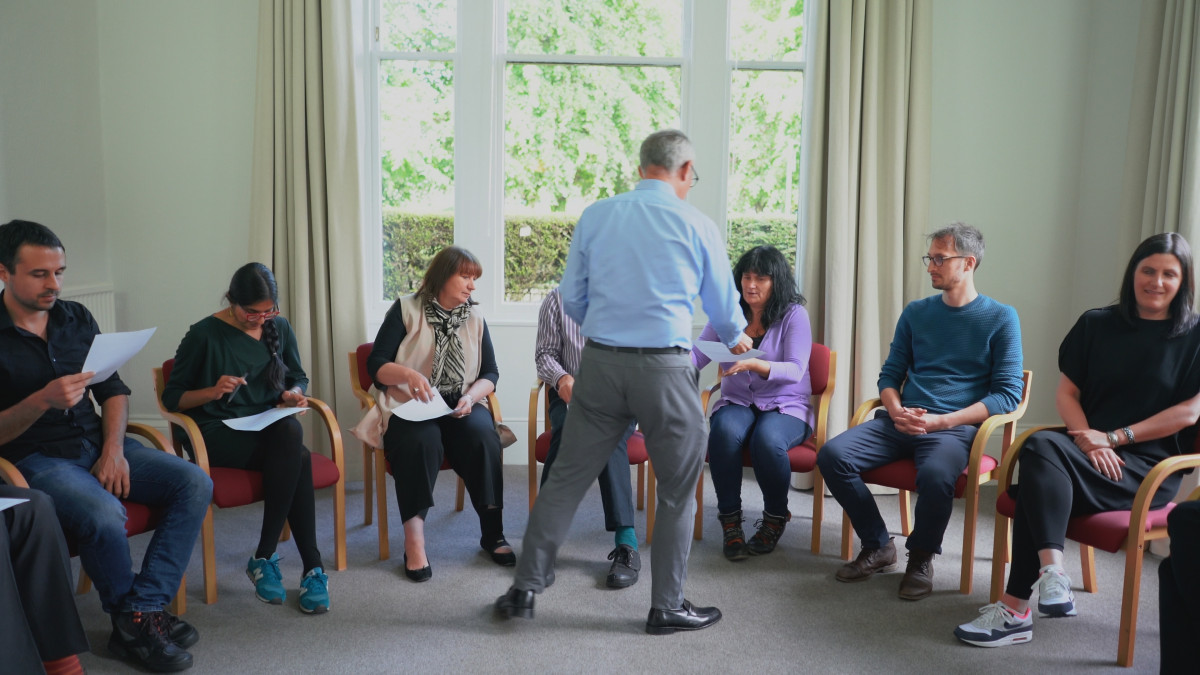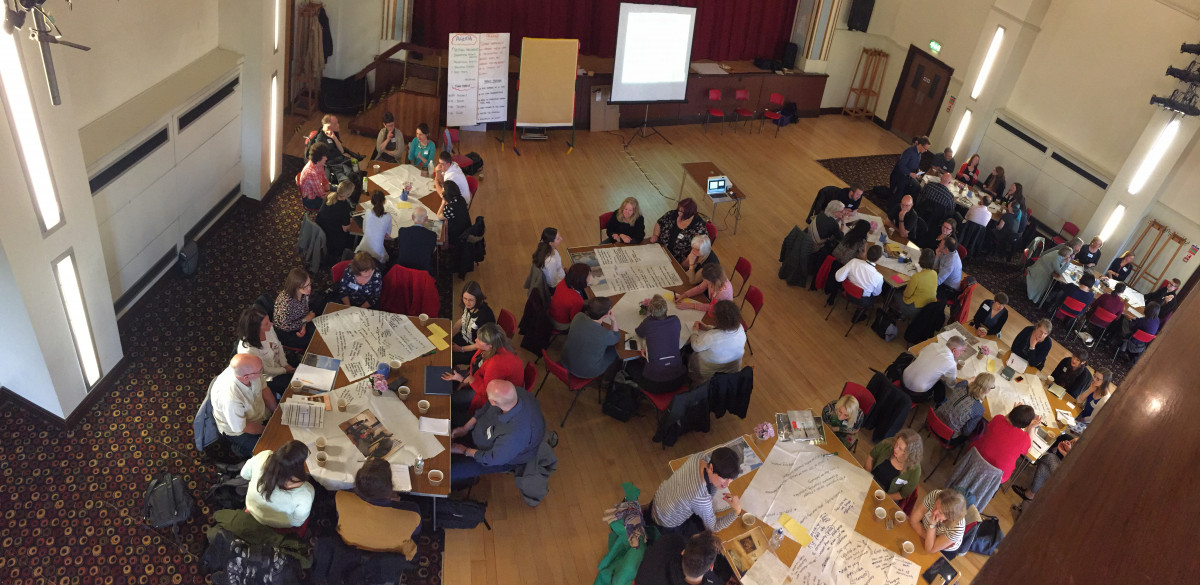
Facilitator Presence
Out of the blue, someone on the training started to cry. It was during a discussion about phenomenology - which I was thoroughly enjoying.
A table was upturned and we had to describe it without attributing meaning. Describing the shape, materials etc rather than what tables are used for, was a way of challenging us to try and minimise the assumptions we make about people when we facilitate. For lots of reasons, eloquently expressed at the time, it all got a bit much for this one participant, who broke down in tears. A few people rushed to hug and console her. One of our facilitators, Paul, asked people to give the woman some space. He crouched down and gently asked her what she needed. She shared how she was feeling. The facilitator listened and chose to share something personal that showed he understood where she was coming from. We carried on. The woman stayed until the end of the 5 days.
Challenging Concepts
Five years on and my memory of this is still strong. Sometimes it isn’t what you are taught that stays with you so much as the experience of good facilitation. The five days of Kinharvie facilitation training had a profound impact. It wasn’t the useful tools, techniques and processes – some of which I knew and some of which I didn’t. It was the space to reflect on what facilitation is and is not. To think about how we gain awareness of others without assuming too much. And a much deeper understanding of how important it is to recognise what is going on inside our heads and bodies when we facilitate. One of the things I most needed to learn was to slow down and take time to clarify purpose before planning the process.
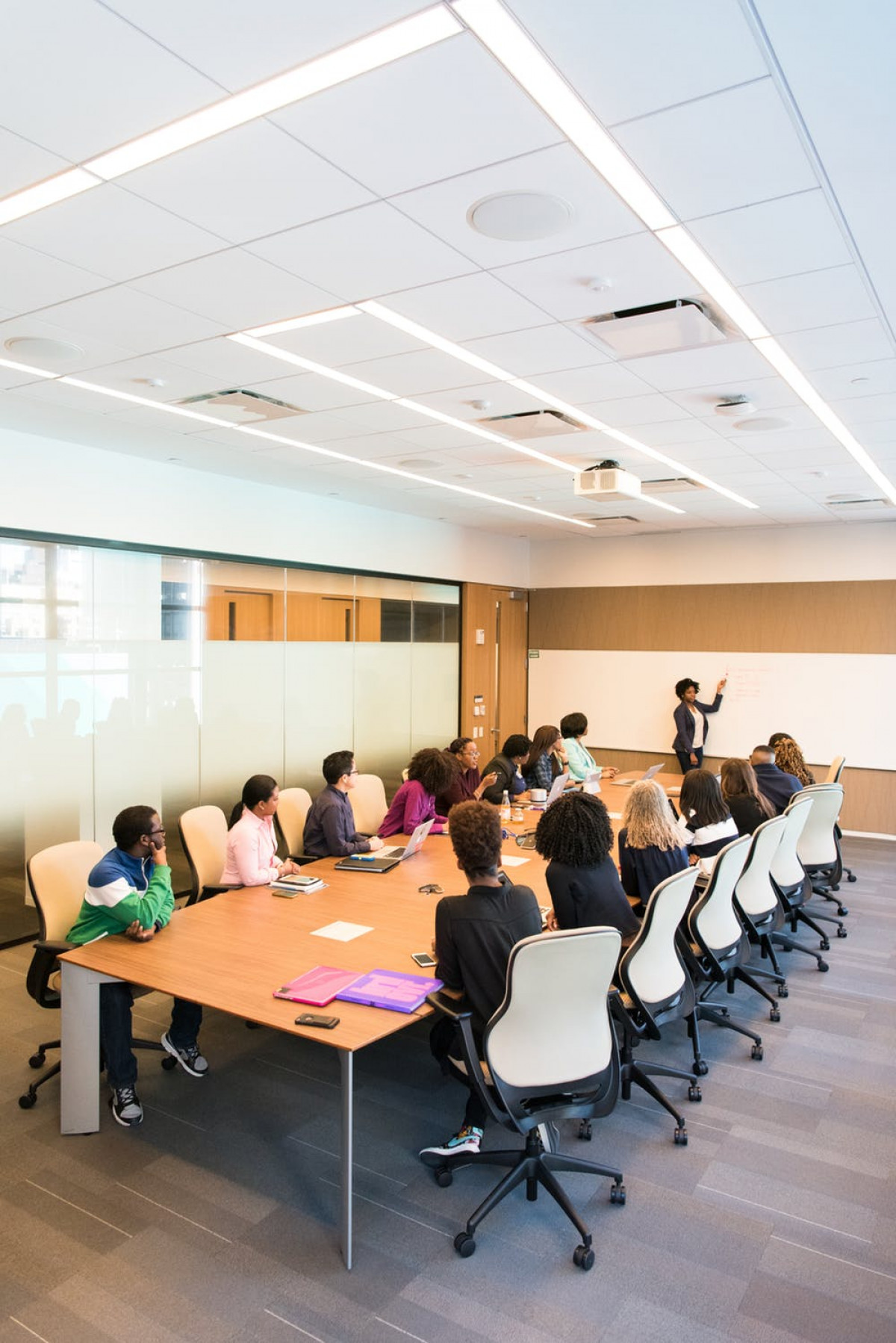
Learning that Lasts
I have carried all this learning with me into spaces where people want to explore the complexity of identity or disagreement. After the training I felt quite stripped and needed to find a way of integrating myself, with all my flaws, together with the Kinharvie approach. I still take time to breathe before I facilitate as the other trainer, Chris, advised. The mantra ‘slow down to speed up’ has stayed with me, although the reality is that I often facilitate in less than ideal conditions. The training has helped me do what I can to make it a little bit easier for people to have the conversations that matter to them.
Lisa Cumming is a facilitator and practitioner based at the University of Bradford working as Community Associate within the School of International Studies (SSIS) and on dialogue, UK peacebuilding & knowledge exchange with the International Centre of Participation Studies, Peace Studies and Programme for a Peaceful City (an academic/practitioner knowledge exchange network).
If you are interested in developing your facilitation skills, please do click here to check out the upcoming dates for our online Facilitation Essentials and Advanced Facilitation courses.

Want to know more?
Contact us to learn more about our services and how we might be able to help you
Contact Form
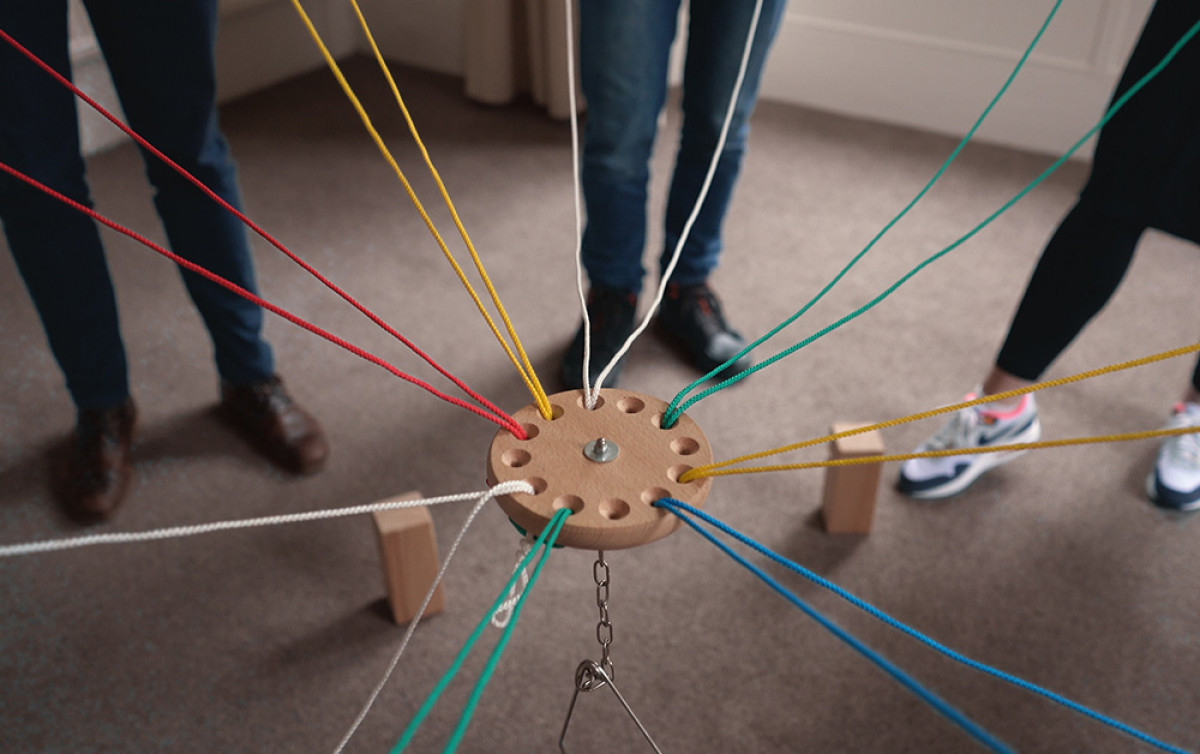
Connect with Us!
To keep connected with us follow us on Twitter and ‘like’ us on Facebook
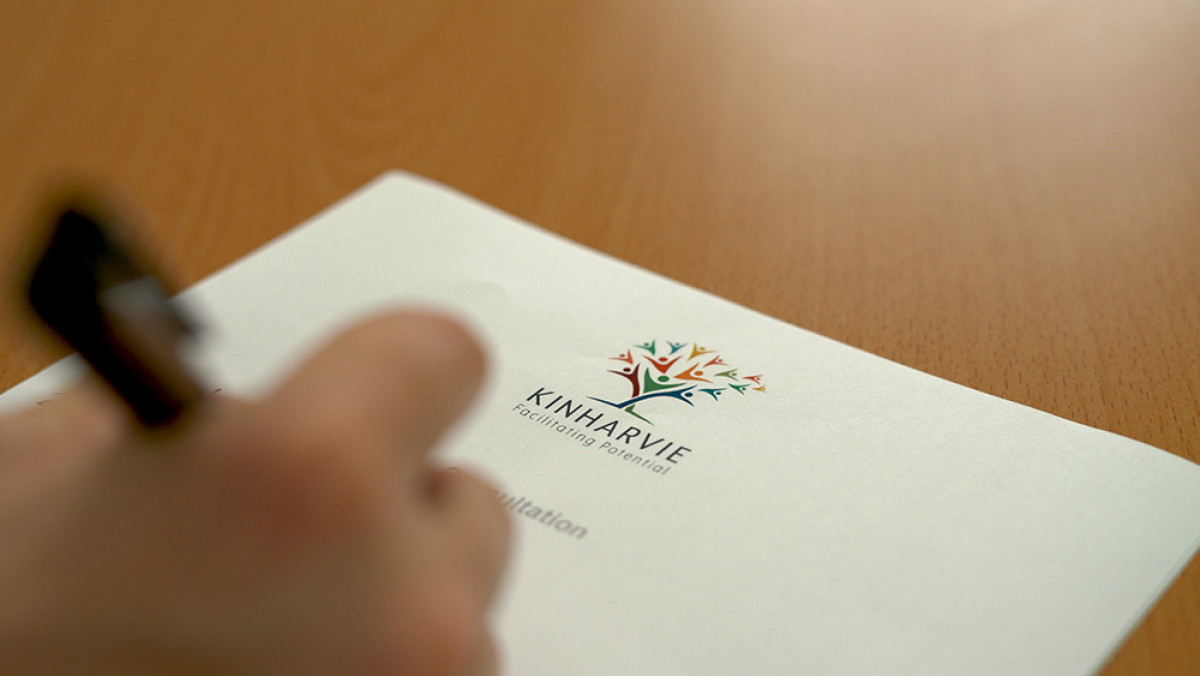
Join our mailing list
Keep informed of regular developments, new training programmes and one-off events at Kinharvie
Thanks for your enquiry. One of our staff will contact you as soon as possible.
Designed & built by Mucky Puddle
